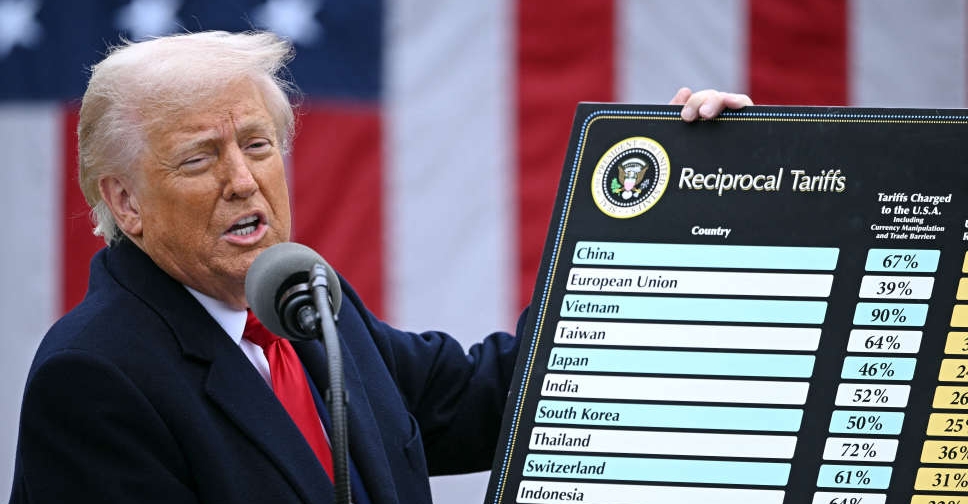
The UAE Cybersecurity Council is developing three new policies to support the country's cybersecurity system, which will be issued by the end of 2024.
Dr. Mohammed Hamad Al-Kuwaiti, Chairman of the UAE Cybersecurity Council, has confirmed that these policies aim to enhance the UAE's position as a global hub for advanced technology and artificial intelligence (AI).
In a statement to the Emirates News Agency (WAM), the Chairman of the UAE Cybersecurity Council said that the new policies being developed include "cloud computing and data security", "Internet of Things security", and "cybersecurity operations centres". He noted that the executive regulations for the "encryption" law, which sets the main standards for securing data transmission in line with quantum systems, are expected to be issued before the end of 2024.
He added that the UAE possesses the capabilities and resources to become a global data hub, which powers its drive to enact laws and policies that help regulate this strategic sector and forge regional and international partnerships with the public and private sectors.
Dr Al-Kuwaiti said that the UAE serves as an inspiring model for many countries worldwide aiming to develop their cybersecurity systems, particularly in the data sector, amid rapid developments in advanced technology and AI.
The UAE Cybersecurity Council Chairman explained that the digital transformation in the UAE encompasses all sectors, such as health, energy, education, aviation, and other strategic sectors, which creates a growing need for an advanced cybersecurity system to protect the cyberspace from potential attacks, especially given the evolving AI solutions used by various entities to conduct general surveys to identify digital vulnerabilities in the critical infrastructure of vital sectors.
He explained that this underscores the importance of protecting these institutions from threats and breaches that could lead to data leaks, identity theft, intellectual property infringement, and breaches of main infrastructure and security digital records.
Dr Al-Kuwaiti highlighted that the UAE faces malicious cyberattacks targeting strategic sectors, especially the financial sector, to compromise national security or obtain financial information to blackmail individuals or countries for illicit gains. He affirmed that the UAE's cybersecurity system continues to repel and thwart such attacks, identify the hackers, and deal with them as per the highest international standards.

 Shares bruised, dollar crumbles as Trump tariffs stir recession fears
Shares bruised, dollar crumbles as Trump tariffs stir recession fears
 Wall Street futures sink as tariffs fuel recession fears
Wall Street futures sink as tariffs fuel recession fears
 Trump to impose 10% tariff on UAE, Saudi Arabia imports
Trump to impose 10% tariff on UAE, Saudi Arabia imports
 UAE tops global entrepreneurship rankings for 4th straight year
UAE tops global entrepreneurship rankings for 4th straight year
 Emirates launches express delivery service
Emirates launches express delivery service




